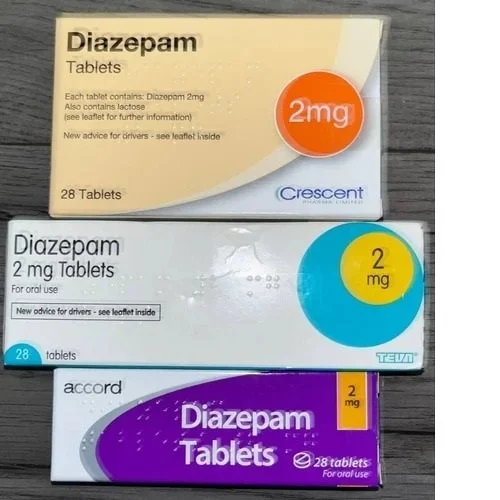Sleeping Pills
Sleeping Pills are prescription medications containing tranquilizers to treat insomnia, restless sleep, or difficulty falling asleep. Many different sleeping pill types are available today, each with a unique chemical structure and pharmacological effect. Short-term use of sleeping pills to help sleep is acceptable, but they should not be used continuously over an extended time to avoid side effects from long-term use that may adversely affect health in the long run. By falling asleep naturally rather than using sleeping pills, you will regain your health, be alert, and be ready to face the challenges of a new day.
What is a sleeping pill?
A sleeping pill is a medication that can help you fall asleep and relieve stress and anxiety. Sleeping pills enable people with sleep disorders, insomnia, or those waking up in the middle of the night and unable to go back to sleep soundly. Therefore, they resort to sleeping pills to help them sleep better.
What are the types of prescription sleeping pills?
There are numerous varieties of sleeping pills, including the following:
- Benzodiazepines (BZD) are a powerful class of sleeping pills that help you fall asleep, relieve anxiety, and improve your learning and memory. These drugs raise levels of brain GABA neurotransmitters causing sleepiness, allowing people to sleep better, relax muscles, relieve anxiety, and can also treat epilepsy. This class of medications includes alprazolam, clonazepam, diazepam, and lorazepam, available in short- and long-acting forms. The doctor will consider the severity of the symptoms, comorbidities, age, and congenital disease when prescribing sleep medication, which may cause dizziness, fatigue, irritability, and long-term side effects such as depression, particularly in patients with liver and kidney disease.
- Non-benzodiazepine (Non-BZD) or Z-drugs are fast-acting sleeping pills that take effect 30 minutes after intake and last up to 8 hours. They induce sleepiness, calm anxiety, and promote sound sleep without leaving you feeling groggy, or lightheaded in the morning. Non-BZD drugs are most frequently prescribed drug class by physicians due to their minimal side effects, low potential for drug tolerance, and addiction. This class of medications includes Zolpidem, Ambien, and Zopiclone.
- Melatonin is a synthetic drug that mimics the same hormone in the brain. The pineal gland secretes melatonin to help stimulate sleep onset and is responsible for the sleep cycle. It will be secreted at night or in low-light conditions to aid the body’s relaxation and help people fall asleep. Because melatonin’s secretion decreases with age, doctors frequently prefer to prescribe this class of medications to those who have trouble falling asleep, those who work late or in shifts, and seniors struggling with insomnia.
- Antidepressants are a group of drugs that can treat depression, stress, and anxiety. Physicians use antidepressants to treat in addition to depression — migraines, and irritable bowel syndrome (IBS). These medications work on the neurotransmitters in the central nervous system to induce sleep, reduce anxiety, and promote relaxation. The dosage typically ranges from 10 to 25 or 50 milligrams, available in various forms, including tablets and liquids. Potential side effects include constipation, difficulty urinating, a dry mouth or throat, decreased sexual drive, and possible weight gain. Physicians do not prescribe these drugs to children or adolescents due to the risk of severe side effects.
Showing 1–9 of 13 results










